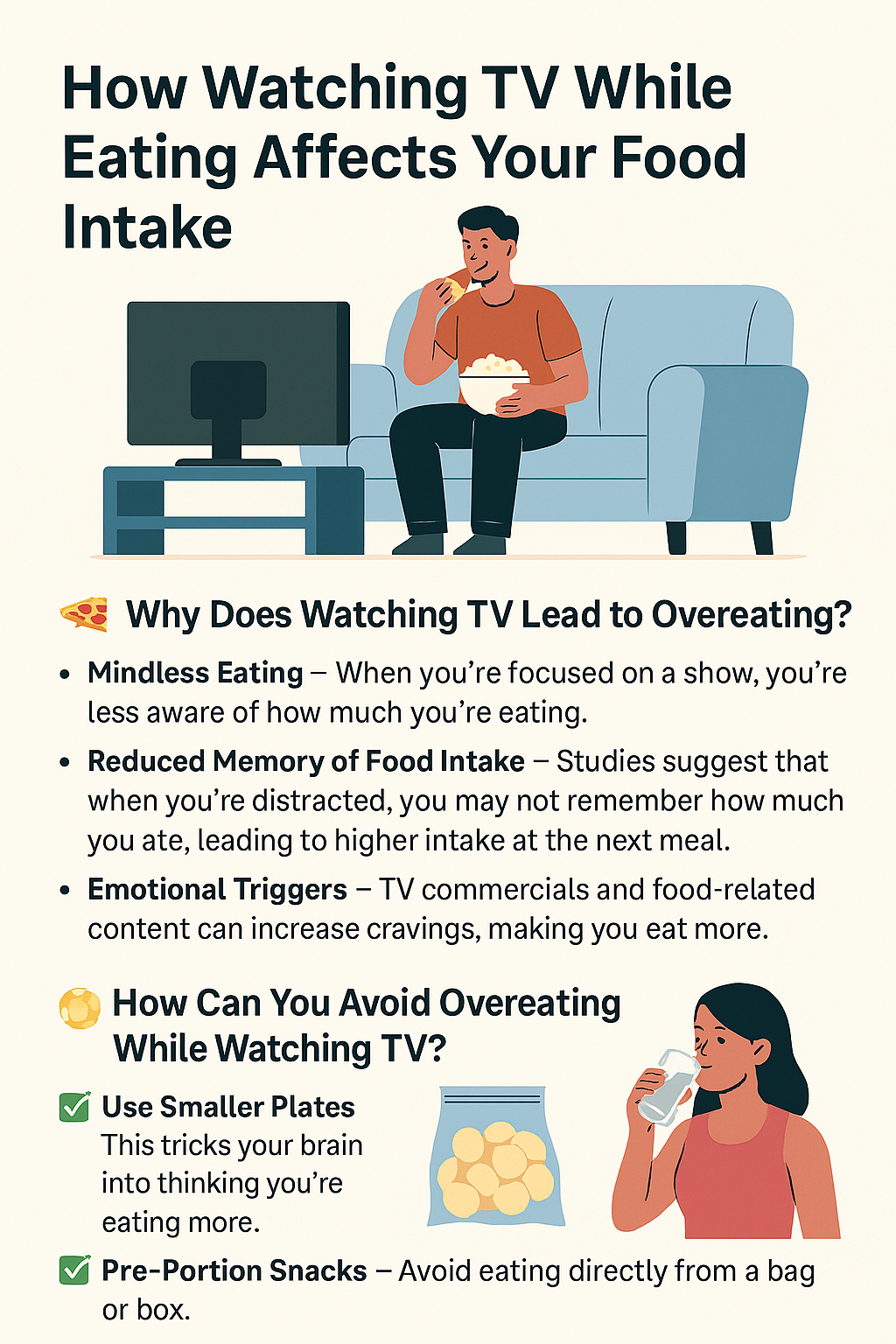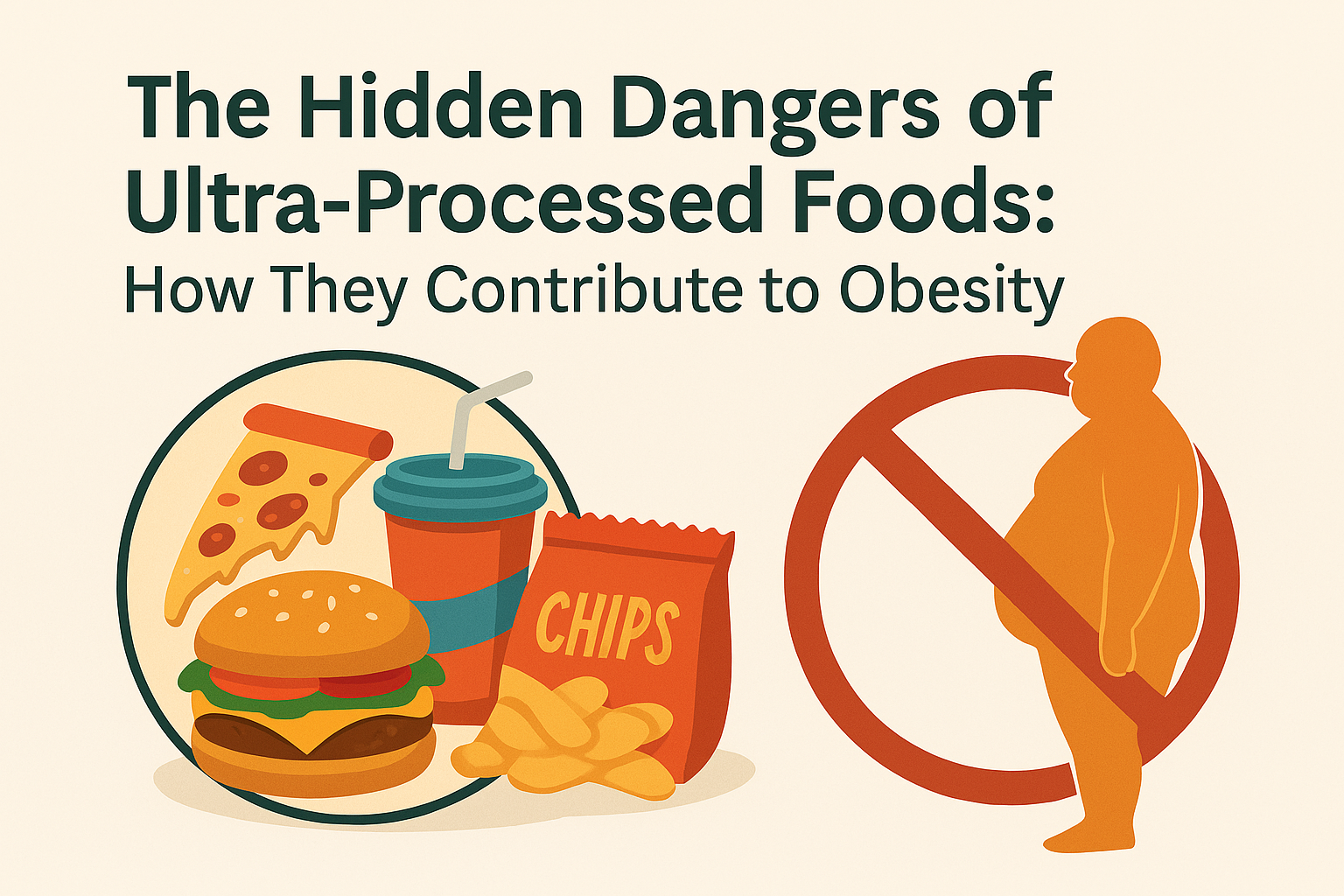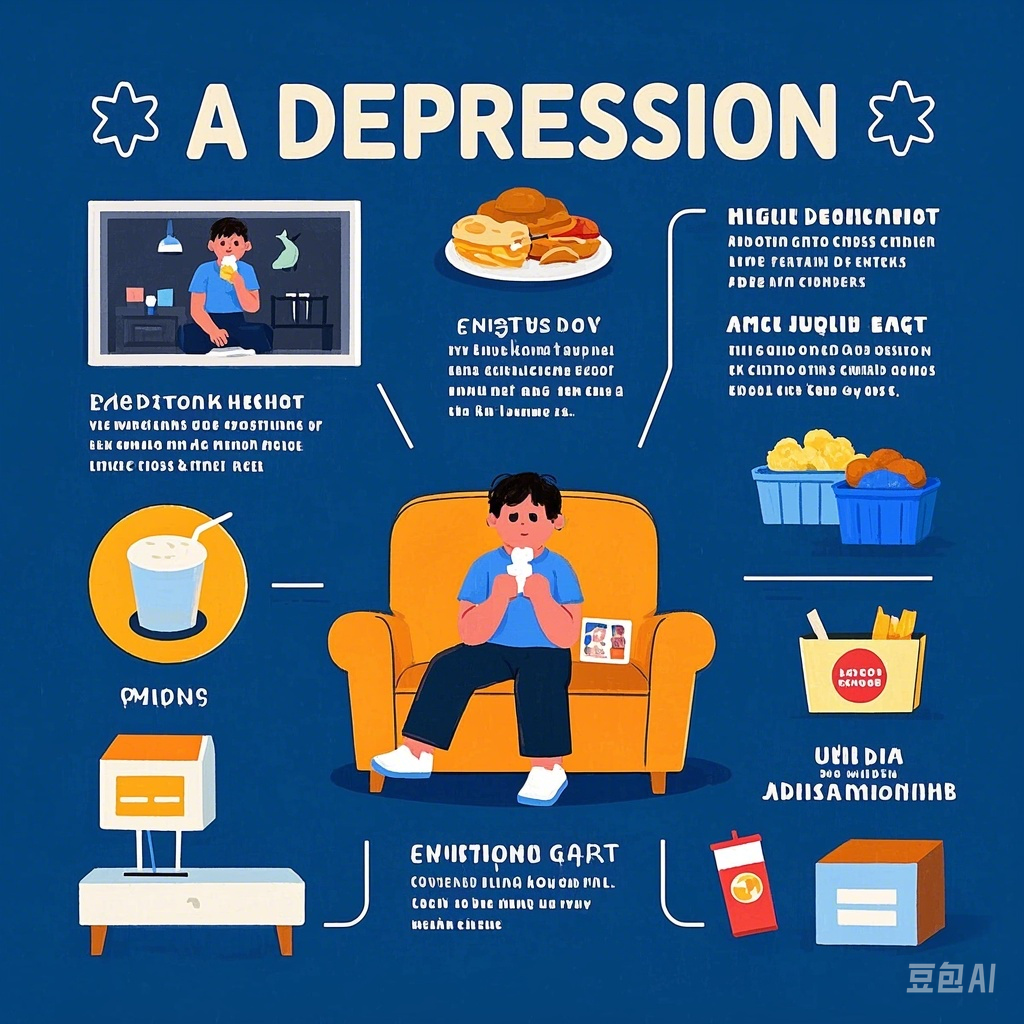When it comes to weight loss, many people search for the "perfect" diet. But is there really a one-size-fits-all approach? The POUNDS Lost Study (Preventing Overweight by Novel Dietary Strategies) provides some valuable insights into this question.
What Did the Study Find?
Researchers
compared different diets with varying levels of fat, protein, and carbohydrates to see which one
led to the most effective weight loss. The study tested four different diet compositions:
✅ Low-fat vs. Higher-fat diets
✅ Higher-protein vs. Lower-protein diets
✅ Varying carbohydrate intake (from 35% to 65% of total calories)
Interestingly, all four diet types resulted in similar weight loss, with participants losing an
average of 6% of their body weight. However, weight loss varied widely among individuals,
ranging from over 20% body weight loss to some individuals even gaining weight.
What Actually Matters for Weight Loss?
1️⃣ There is no single "ideal" diet. Different diets work for different people, based on
their genetics, metabolism, and lifestyle.
2️⃣ Protein and fiber intake are beneficial. Diets higher in protein and fiber helped
participants feel fuller for longer, reducing overeating.
3️⃣ Lifestyle factors play a crucial role. Better sleep, physical activity, and reduced
consumption of ultra-processed foods contributed to better weight loss results.
4️⃣ Metabolism and insulin resistance matter. Individuals with different metabolic responses
to carbohydrates and insulin levels experienced varying success with different diets.

DASH Diet & Mediterranean Diet: Two Well-Researched Options
Although no single diet was proven to be universally ideal, both the DASH diet (Dietary Approaches to Stop Hypertension) and the Mediterranean diet have strong scientific evidence supporting their benefits for heart health and weight management.
Beware of Fad Diets
The study also highlighted risky diet trends, such as the “Last Chance Diet”, which used gelatin-based protein shakes and was found to be hazardous to health. Extreme diets can be dangerous and should be approached with caution.
Final Thoughts
Rather than searching for the "perfect" diet, a better approach is to focus on long-term, sustainable eating habits that include whole foods, adequate protein, fiber, and a balance of macronutrients. Understanding your own body's response to different foods can help guide you toward the best diet for your needs.













